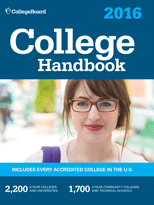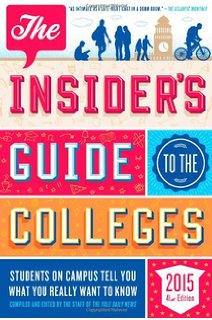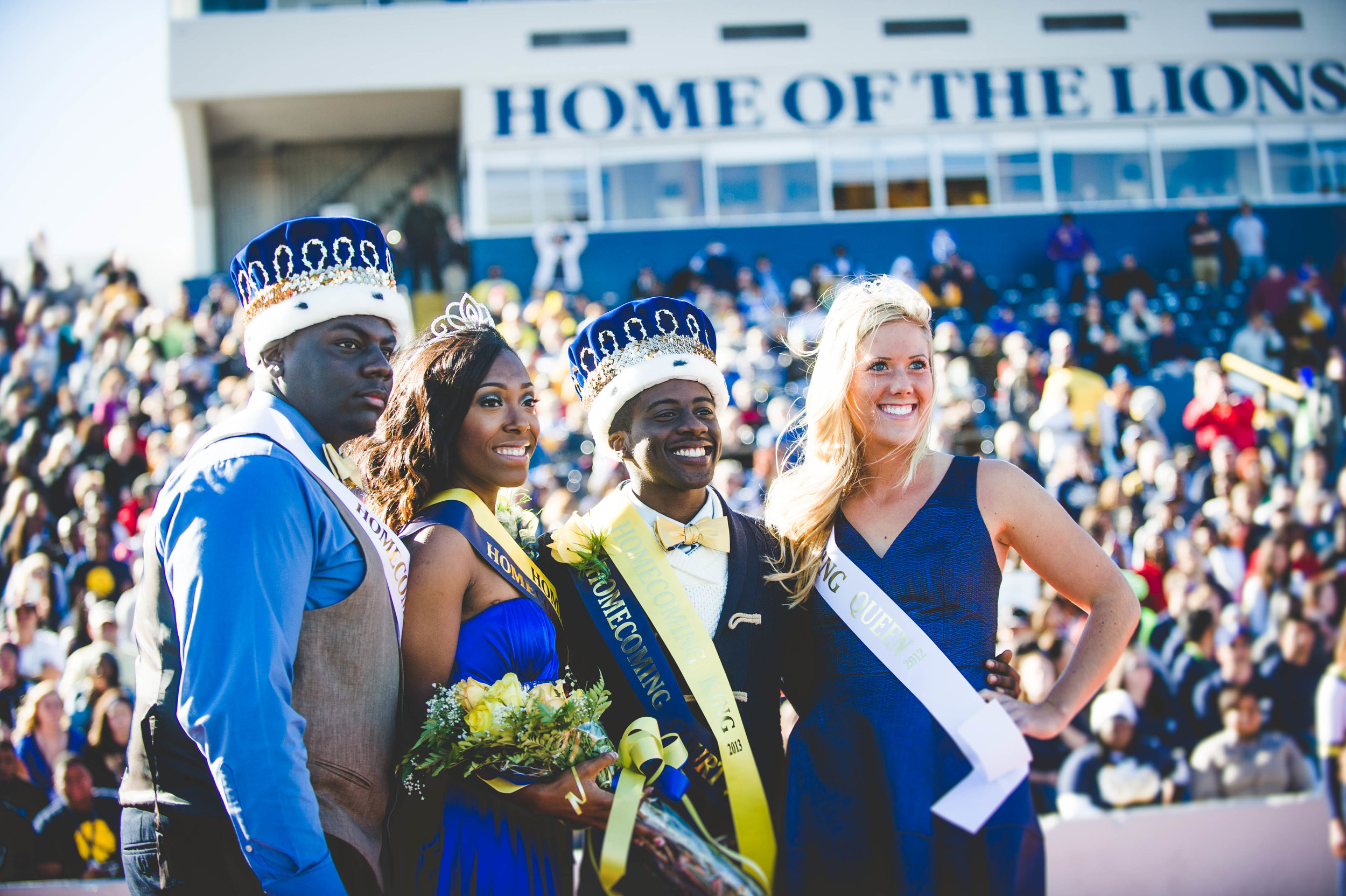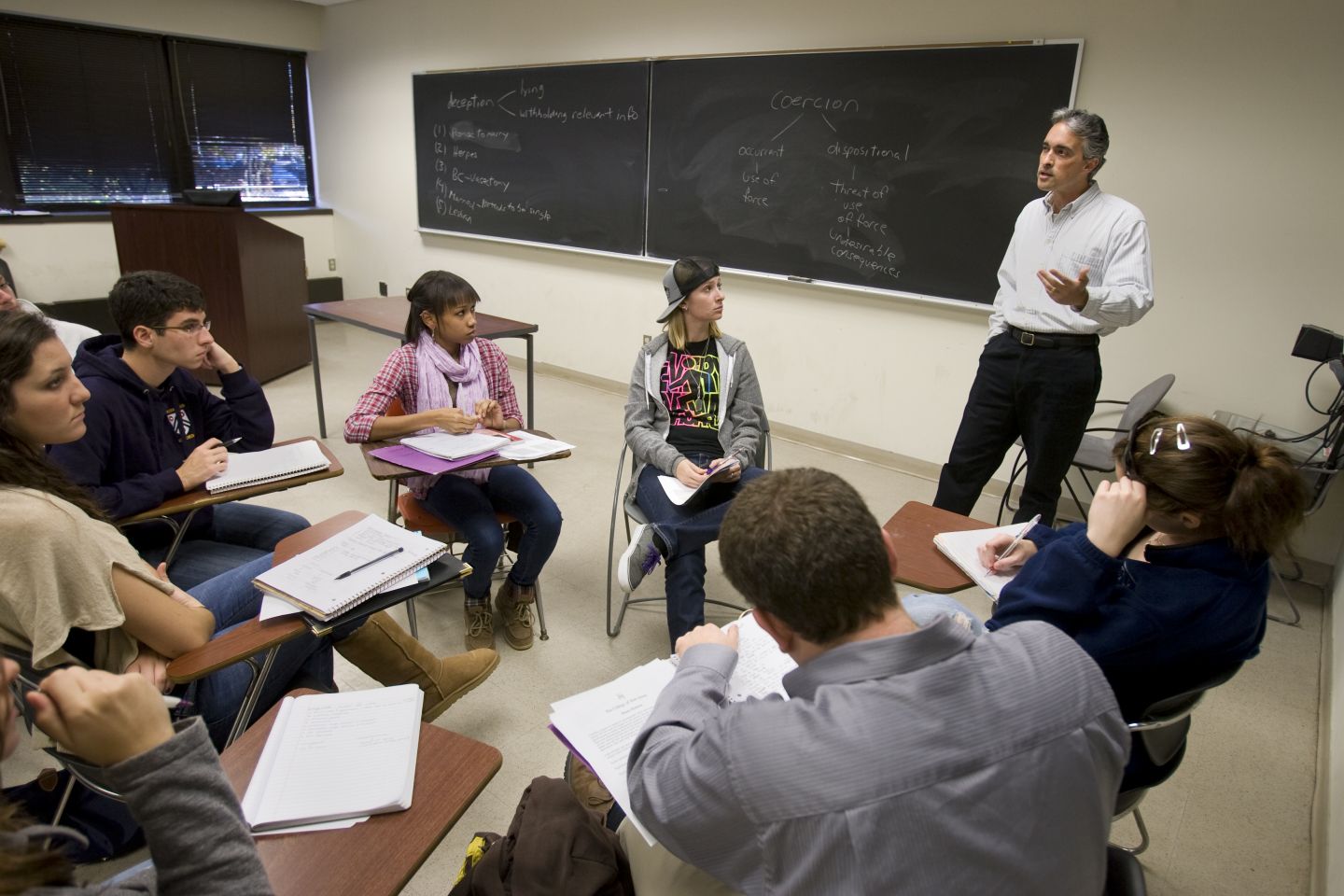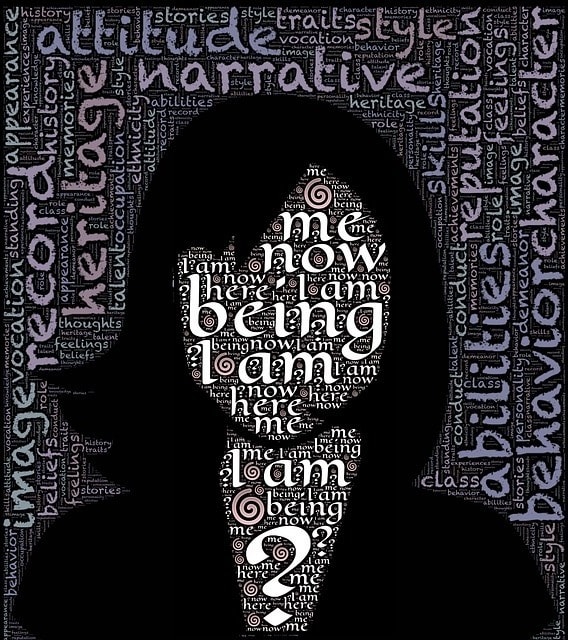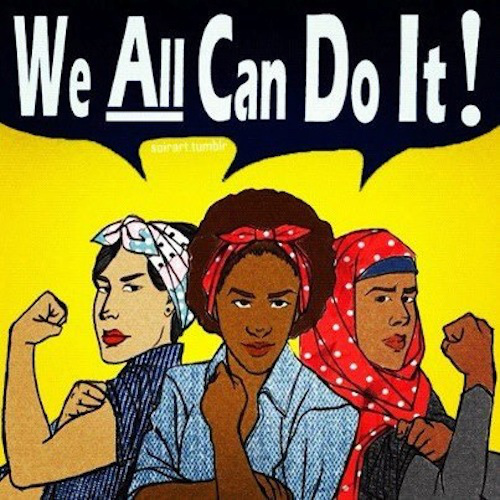Do you ever wonder why you think differently than others? Or why you make decisions based on your feelings rather than logic? Or why some people see a different meaning in certain concepts than you do? Well you no longer have to question these things. The Myers-Briggs Type Indicator (MBTI) is a personality type test that provides you with information about the different ways that you think and how these different aspects can affect your actions and decision-making.

All you have to do is take a quick personality test on the 16 Personalities website (16personalities.com), and you’ll receive a personality type that consists of 4 letters (for example, ENFP), with each letter representing a certain trait that you have based on the answers that you provided. You’ll be surprised to see how accurately the results describe you! Just make sure that you are as honest as possible in your answers. Knowing the kind of thinker you are can definitely benefit you in your academic experience and will allow you to have a better understanding of your own learning abilities as the learning abilities of others.
The Four Letters: What do They Mean?
Introversion (I) v. Extroversion (E)
The first of the four letters will either be an “I”, representing introversion, or an “E”, representing extroversion. This trait tells you the kind of environment that you are more comfortable to be in. If you are an introvert, you prefer to spend time alone and are often under stress in social situations. You spend lots of time thinking deeply about things that don’t regard your surroundings, and find peace in being alone with your thoughts. Being an introvert is beneficial because it allows you to work independently and rely on solely yourself, however it may hinder your ability to communicate with others effectively. If you are an extrovert, you prefer to spend time with large groups of people and dislike being alone. You focus most of your attention on the “outside world” and your surroundings, and rarely spend time going into deep thought. It is easier for you to communicate and socialize easily, but you often have difficulties being independent.

Intuition (N) v. Sensing (S)
The next letter in your personality type is either “N”, meaning intuition, or “S”, meaning sensing. This determines the way that you perceive and react to information. If you are an intuitive thinker, you tend to take information that is provided to you and find a deeper meaning in it. You look beyond what is physically presented, and are drawn toward abstract ideas and metaphors as opposed to real experiences and facts. You are open to new possibilities and focus more on the future and the outcome of things rather than the present. This trait is helpful in situations that require creativity. If you think through your senses, you prefer to focus on the literal aspect of things. When given information, you work with what you have instead of looking for multiple meanings in it; you want to understand the factual aspects of things. You want to get to the direct point of things instead of analyzing them in more depth. You trust facts and reality more than you trust ideas and possibilities. Perceiving information with your senses is often beneficial when you need to make critical decisions regarding professional matters.
Thinking (T) v. Feeling (F)
This third letter reveals how you make decisions. If you make decisions based on thinking, you tend to analyze situations based on the pros and cons, and try to make the most logical decision with what you are provided. You focus on the elements of the situation itself rather than any personal opinions, including your own. Similar to the P trait, this trait is very helpful in making decisions that require logic and rational thinking, but it may cause conflict in sensitive situations where it is critical to understand the people that are involved. In contrast, if you make decisions based on feeling, you deeply consider the people that are involved in the situation and tend to make decisions in their favor, or in your own favor. You don’t think too much about the rational aspects of a situation; you make decisions based on your beliefs and what you feel is right. The feelings of yourself and of others are a priority over what is logically correct. This is beneficial when addressing sensitive situation, but when making decisions that require logic, personal feelings might get in the way.
Judging (J) v. Perceiving (P)
The last letter represents your behavior and the lifestyle you choose to live. If you are extremely organized in all your decisions and have a need to plan things out before they happen, then you have a judging preference. This means that you are very task-oriented and prefer to do things ahead of time. This can help you in managing your priorities and getting work done when it needs to be. If you prefer to “go with the flow” of things, and dislike making definite plans, you have a perceiving preference. You like to live freely and allow experiences to happen without knowing they will ahead of time, and you do what you can with what comes to you. This trait allows you to adapt to a variety of different situations and handle them efficiently.
How You Can Apply This to Your Academic Career
With all of this information, you now have a clearer understanding of the type of person you are and why you have the different tendencies and habits that you have. Now that you understand your strengths and weaknesses better, you can use the traits that you have to your own advantage in the academic environment. The 16 Personalities website provides you with a more detailed description of each personality type as well as each individual personality trait. They even provide you with useful information about what your personality type is capable of by listing possible career paths that you would excel in based on your traits. You can look through these careers and see if any of them interest you. If they do, try to find activities or extra curriculars that are similar to those listed and see whether you can truly excel in these subjects or not. Having a better understanding of your own mind is definitely beneficial to your learning experience and career path.
Not only will the 16 personalities website inform you about your own character traits, it can also help you to understand the traits of others and why they act or think the ways that they do. Understanding the way others think can be advantageous in high school and college, especially in the learning environment. It can allow you to clearly see and comprehend opposing sides of an argument, and it can allow you to make unbiased judgements. It can also help you to understand people on a more personal level. For example, this can help you understand your roommate a lot better.
Overall, understanding your own skills, traits, and weaknesses can help you in numerous ways.
Link to website: https://www.16personalities.com/
WANT TO LEARN MORE ABOUT COLLEGE ADMISSIONS? CHECK OUT THE YGITW BOOK HERE!
LOOKING FOR A HIGH SCHOOL OR COLLEGE INTERNSHIP? APPLY HERE!
PHOTO CREDITS:
http://cdn.okccdn.com/
http://www.conduit-recruitment.uk/
https://coachfederation.org











